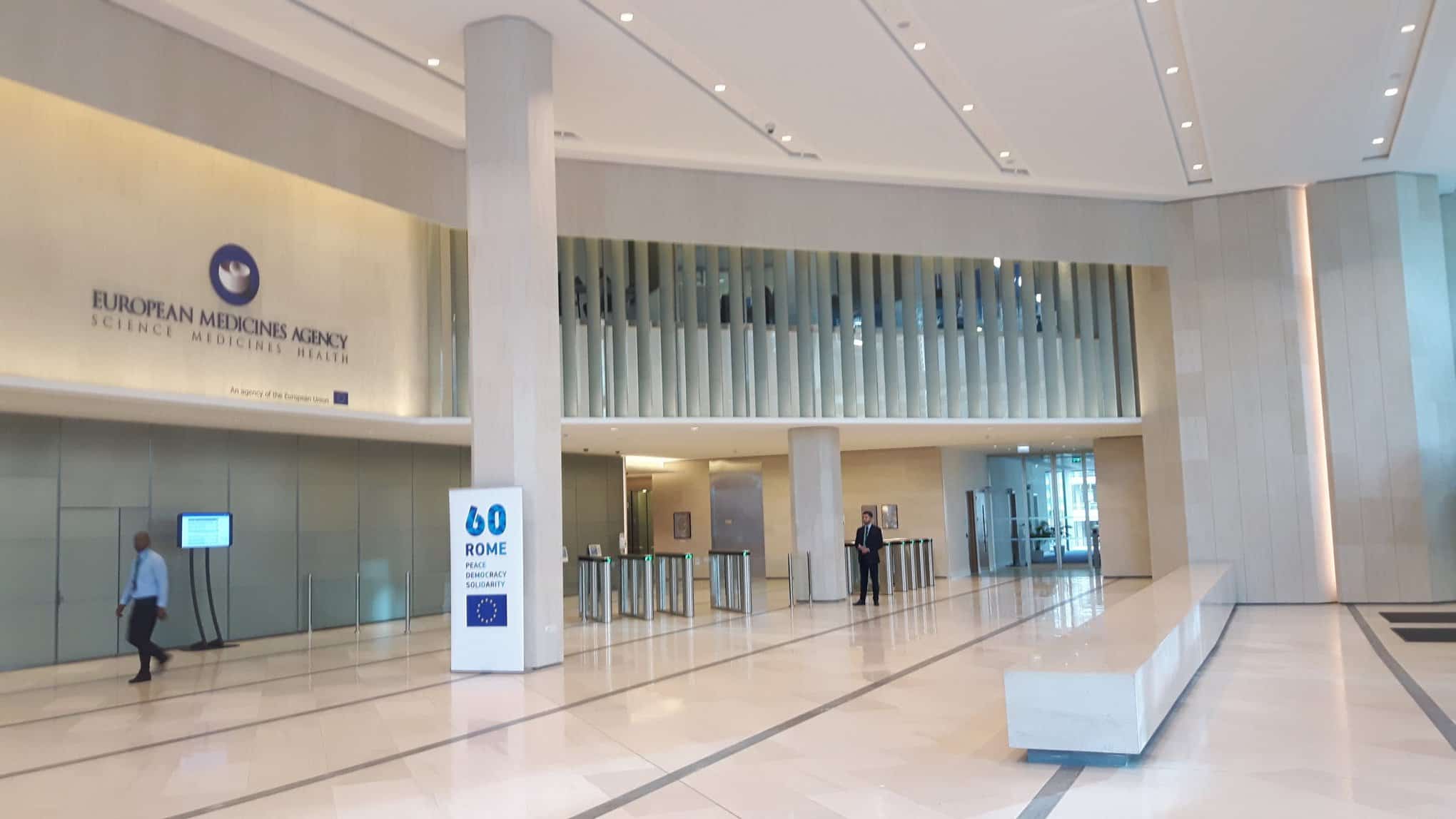
AVEO Oncology has revealed in a regulatory filing that European Medicines Agency (EMA) approval for its Fotivda kidney cancer drug could be at risk of being withdrawn.
AVEO’s European licensee EUSA Pharma has been marketing Fotivda (tivozanib) for first- and second-line treatment of adults with renal cell carcinoma (RCC) since November 2017, after the EMA cleared the VEGF inhibitor on the back of the phase 3 TIVO-1 trial.
TIVO-1 showed that Fotivda was superior to rival drug Nexavar (sorafenib) from Bayer in extending progression-free survival (PFS) in this patient group, and that was enough evidence for the EMA to grant the drug a conditional EU approval.
Full approval would however be dependent on the outcome of a second phase 3 trial – called TIVO03 – that generated interim results last November on both PFS and overall survival (OS), which is considered a more robust endpoint.
TIVO-3 backed up the PFS finding of TIVO-1 with a 44% improvement over Nexavar, but also revealed a concern about the OS data. While there seemed to be no statistical difference between Fotivda and Nexavar on this measure, there was a trend towards higher mortality with AVEO and EUSA’s drug which rang alarm bells at the EMA’s Committee for Medicinal Products for Human Use (CHMP).
Now, the US company says in a filing with the Securities & Exchange Commission (SEC) that the EMA will consider taking “regulatory action” if a new read-out from TIVO-3 due in August “confirms a negative trend in OS.”
AVEO has provided analyses to explain why there was a “discordance” between the PFS and OS results, including the fact that only around half of the patient group had reach the OS endpoint, but it seems the CHMP hasn’t been convinced by those arguments.
The decision leaves the future of Fotivda looking shaky, particularly as the drug was turned down by the US FDA in 2013 after concluding that the TIVO-1 data were not strong enough to support approval, pointing to inconsistencies between PFS and OS data in the trial.
In January, AVEO said it had also accepted a recommendation from the FDA not to re-file Fotivda in the US in light of the preliminary TIVO-3 OS result, which revealed a hazard ratio (HR) of 1.12 for Fotivda, in other words showing a12% higher rate of death than the control population.
The August readout was supposed to be final, but AVEO has now said that due to longer-than-expected median OS in both arms of the study it will now be considered an interim result, with the patients followed for longer.
“We are hopeful that the positive PFS outcome will translate into an improved hazard ratio when we evaluate a more mature interim OS outcome in the fourth quarter of 2019,” said AVEO’s chief executive Michael Bailey after the FDA decision.




